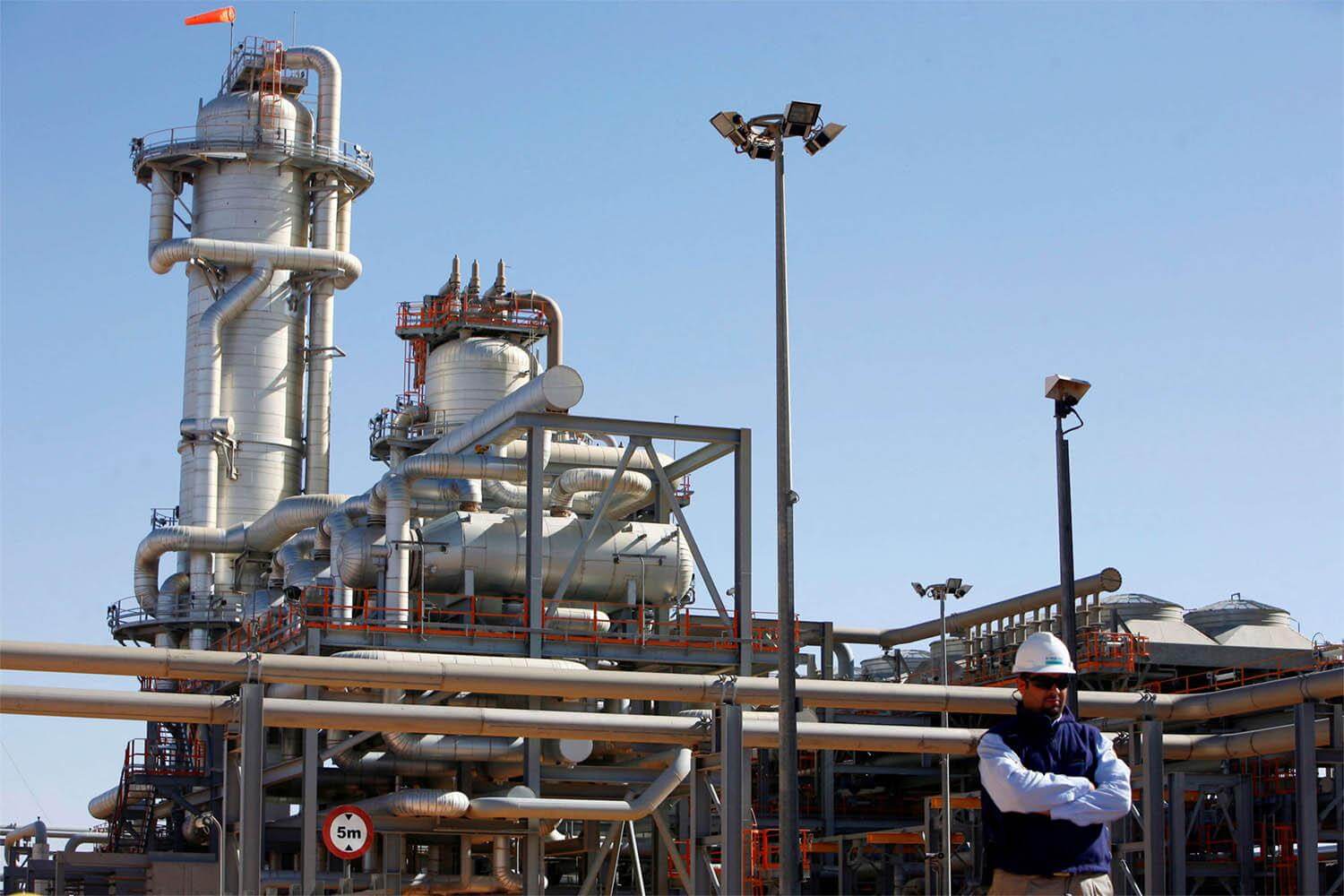On Thursday, Spain vowed to not re-direct imported Algerian gas to Morocco, or any other country, after Algeria threatened to cut gas supply.
Spain has reportedly been considering aiding Morocco in bolstering its gas supplies by allowing Rabat to use Spanish processing facilities and the Maghreb-Europe pipeline that passes through the Strait of Gibraltar. Morocco has sought to import Liquefied Natural Gas (LNG) from Spain by reversing the flow of the pipeline.
If Spain transfers Algerian gas to another country, Algeria will cut off gas to Spain
— Samuel Ramani (@SamRamani2) April 27, 2022
Tensions already flared between Spain and Algeria over the Western Sahara, but this illustrates that Algerian gas supply comes with strings. Italy will take note.
In this regard, the Spanish Energy Ministry stated, “Morocco will be able to purchase LNG on the international markets, unload it at a regasification plant on the Spanish mainland and use the Maghreb gas pipeline to bring it to its territory.”
However, the Ministry assured the Algerian government that under no circumstances “will the gas acquired by Morocco come from Algeria,” adding, “The activation of this mechanism has been discussed with Algeria in recent months.”
Algeria’s tough stance on gas exports to Spain comes amid tense diplomatic relations between Algiers and Rabat, along with Spain’s commitment to aid Morocco in achieving energy security. The rift between Rabat and Algiers has forced Madrid to find a delicate balance between the two nations, both of which are crucial regional partners.
Spain heavily relies on energy imports, with Algeria fulfilling around 40% of its natural gas requirements. Equally, however, Spain relies on Morocco to control the flow of irregular migration.
Until October last year, some part of Algerian gas supplies to Spain came through the Maghreb Europe Pipeline via Morocco. Rabat also received some supplies from Algeria until the latter shut down supply last August.
Gas giant #Algeria threatened Wednesday to break a contract to supply gas to #Spain if Madrid transferred it onwards to “a third destination”, amid tensions with regional rival Morocco.
— Mete Sohtaoğlu (@metesohtaoglu) April 28, 2022
📸 @savunmaisleri pic.twitter.com/QROU0gHtBi
Last week, Algerian President Abdelmadjid Tebboune stated, “We assure our Spanish friends, the Spanish people, that Algeria will never abandon its commitment to supply Spain with gas under any circumstances.” That being said, he acknowledged that Madrid’s change in position on Western Sahara has “changed everything.”
Last month, Spanish Prime Minister Pedro Sánchez endorsed Morocco’s autonomy plan for Western Sahara as the “the most serious, realistic and credible” solution to the conflict, having for years called Morocco’s control over the disputed region “an occupation.” In response, Algeria recalled its ambassador from Spain.
Algeria wants Morocco to hold an independence referendum. It has provided the disputed region’s armed forces, the Polisario Front, with arms, political support, and financial aid.
In response, Morocco has backed the right to self-determination of Algeria’s Berber minority. These differences led to Algeria severing all diplomatic ties with Morocco last year, wherein it recalled its ambassador from Rabat.
Algeria to supply Spain with gas despite a diplomatic row with Madrid over Western Sahara - President Tebboune pic.twitter.com/Mwxmz3zXib
— TRT World Now (@TRTWorldNow) April 23, 2022
Western Sahara, a disputed territory in northwestern Africa, had long been a source of tension between Madrid and Rabat. Spain is still considered the colonial administrative power of Western Sahara by the United Nations (UN) even after it abandoned the territory in 1975, which was then annexed by Morocco in 1976.
For Morocco, the region represents a crucial economic foothold in terms of phosphate reserves, fisheries, and offshore oil. At the same time, the Guerguerat border crossing between Western Sahara and Mauritania runs through a ‘buffer zone’ between Morocco and the SADR, demonstrating how the area also represents a crucial trade route to other African nations. However, the Polisario Front is fighting for an independent Sahrawi Arab Democratic Republic.
Spain is now tasked with pacifying both Morocco and Algeria, a seemingly impossible task in light of its recent U-turn on its Western Sahara policy. The Russian invasion of Ukraine and soaring energy prices have forced European countries to diversify gas supplies, making Algerian gas significantly more important for Spain.

